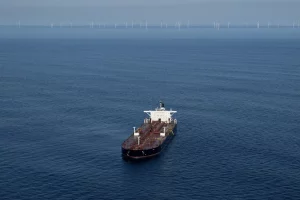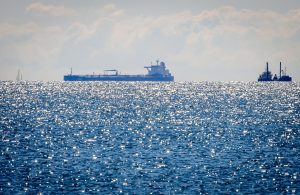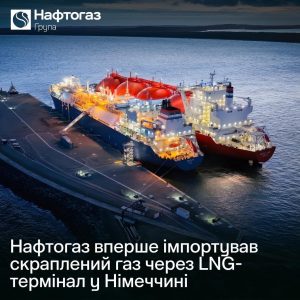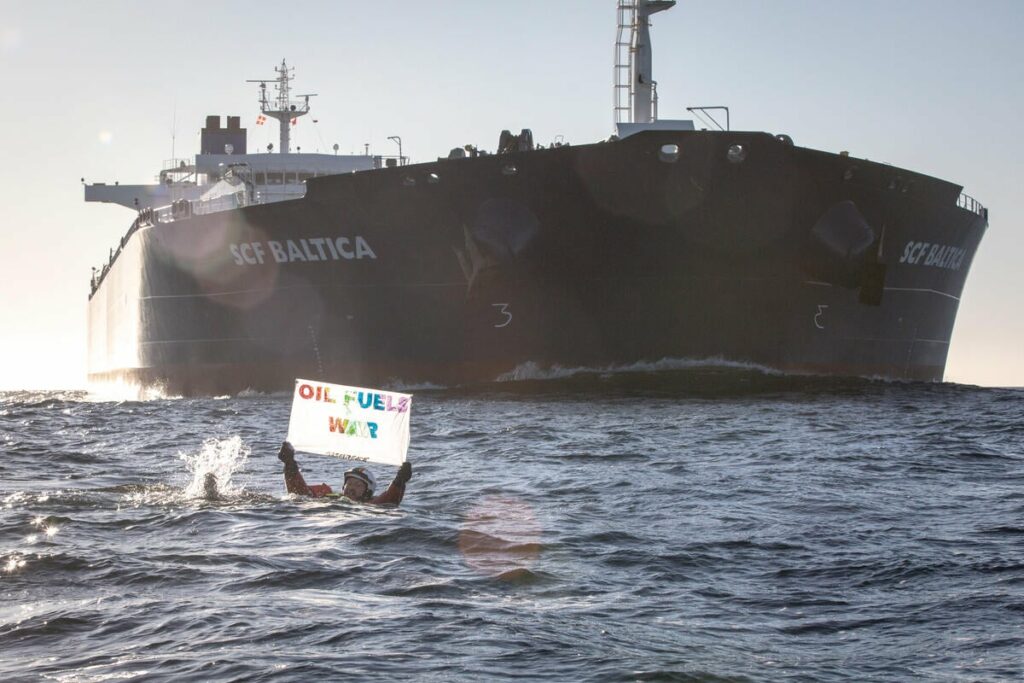Russia is creating a “shadow fleet” of gas carriers
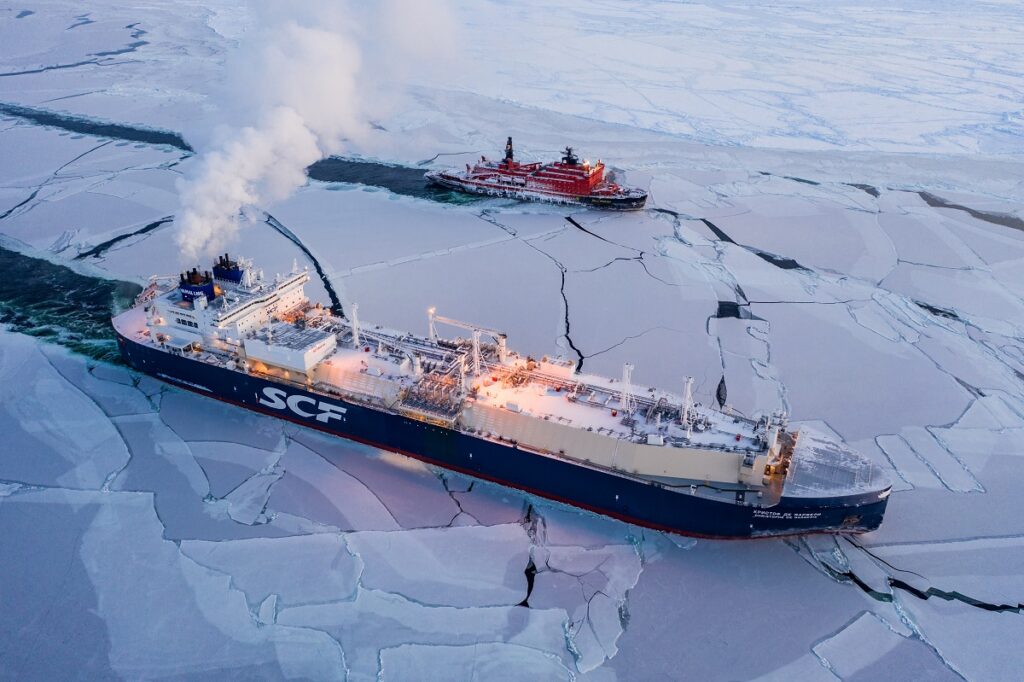
After the introduction of European sanctions, Russia began to create a fleet for illegal transportation of liquefied gas.
There is growing evidence that Russia has begun building a “shadow fleet” to transport LNG, The Business Times reports.
Gas is key to the Kremlin’s plans to boost exports, fill state coffers and fund its war machine, but it needs a bigger share of the global LNG market as Europe’s once-lucrative pipeline trade has all but ground to a halt. To date, the expansion plans have been hindered by US sanctions, which stopped the supply of specialized ice-class vessels for LNG projects in the Russian Federation.
New European restrictions to be introduced next year limiting access to EU ports will further disrupt the current supply chain.
In the past three months, ownership of at least eight vessels has been transferred to little-known companies in Dubai, according to global database Equasis. Four are ice-class and have already received permission from Moscow to sail through Russia’s arctic waters this summer.
So far, journalists have not been able to establish a direct connection between the ships and large Russian enterprises, but such maneuvers are strikingly similar to the creation of a “shadow fleet” that transports Russian oil. For example, it is about the use of non-transparent companies and very old ships that should have already been decommissioned.
In the tight-knit LNG industry, which is several times smaller than the oil market, it is highly unusual for an unfamiliar company to purchase specialized gas carriers that can cost hundreds of millions of dollars. At least three gas carriers also have their insurers listed as “unknown” in the International Maritime Organization’s database – another characteristic of “shadow fleet” vessels.
We will remind, on June 24, the Council of the EU approved the 14th package of sanctions against the Russian Federation. 116 individuals and legal entities from the Russian Federation came under restrictions. In particular, 27 Russian vessels, including two gas carriers, are under sanctions.

